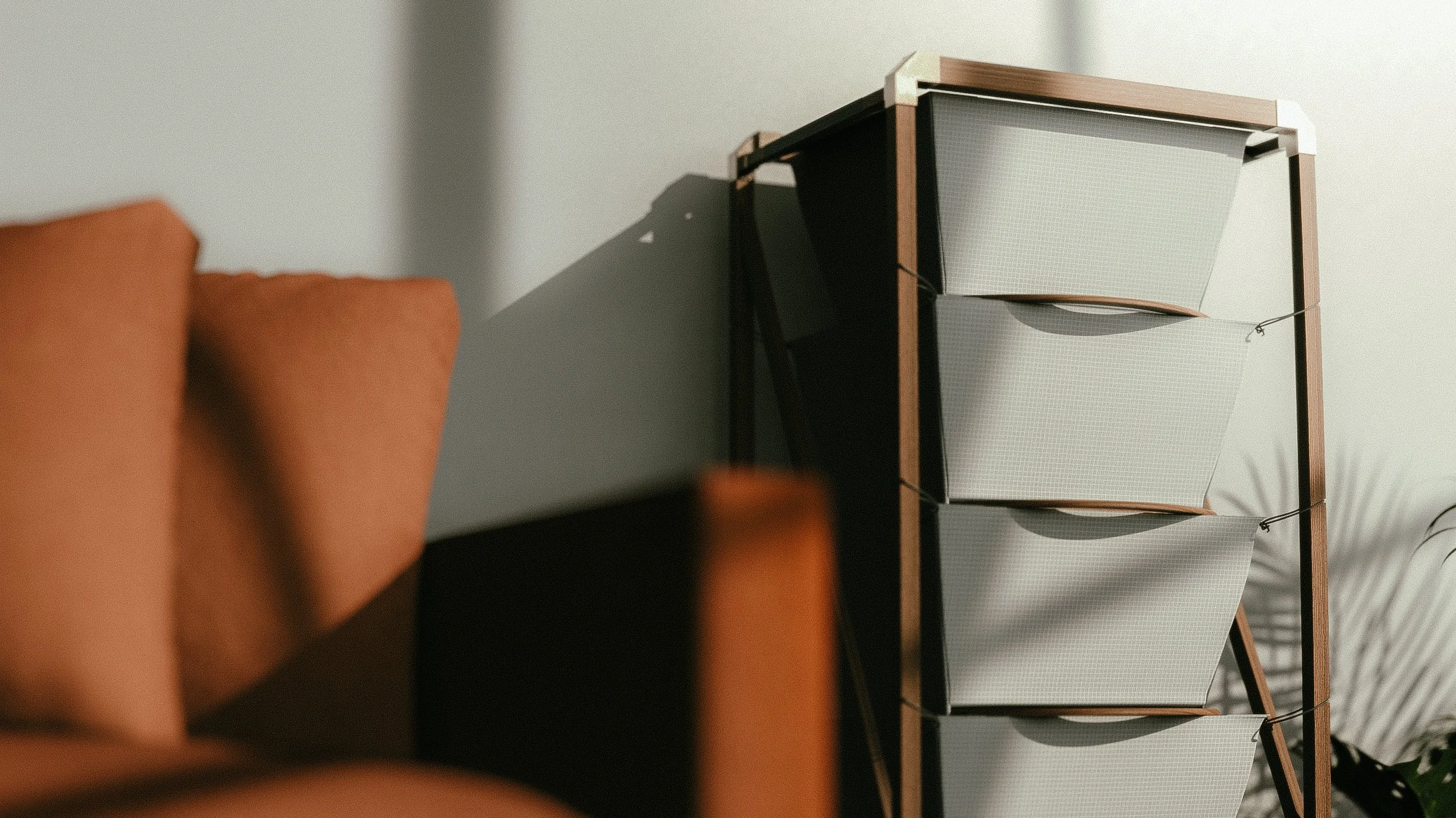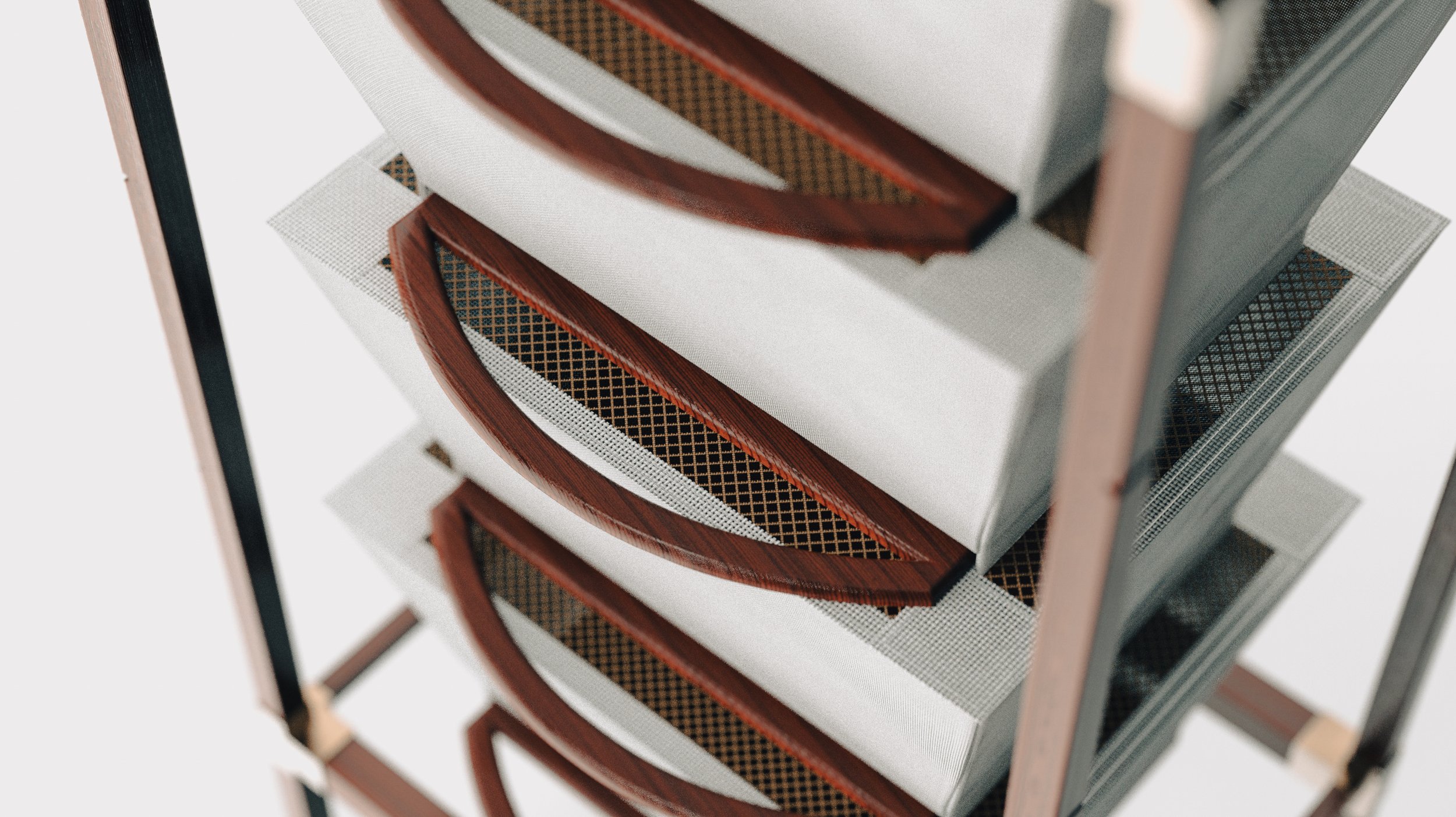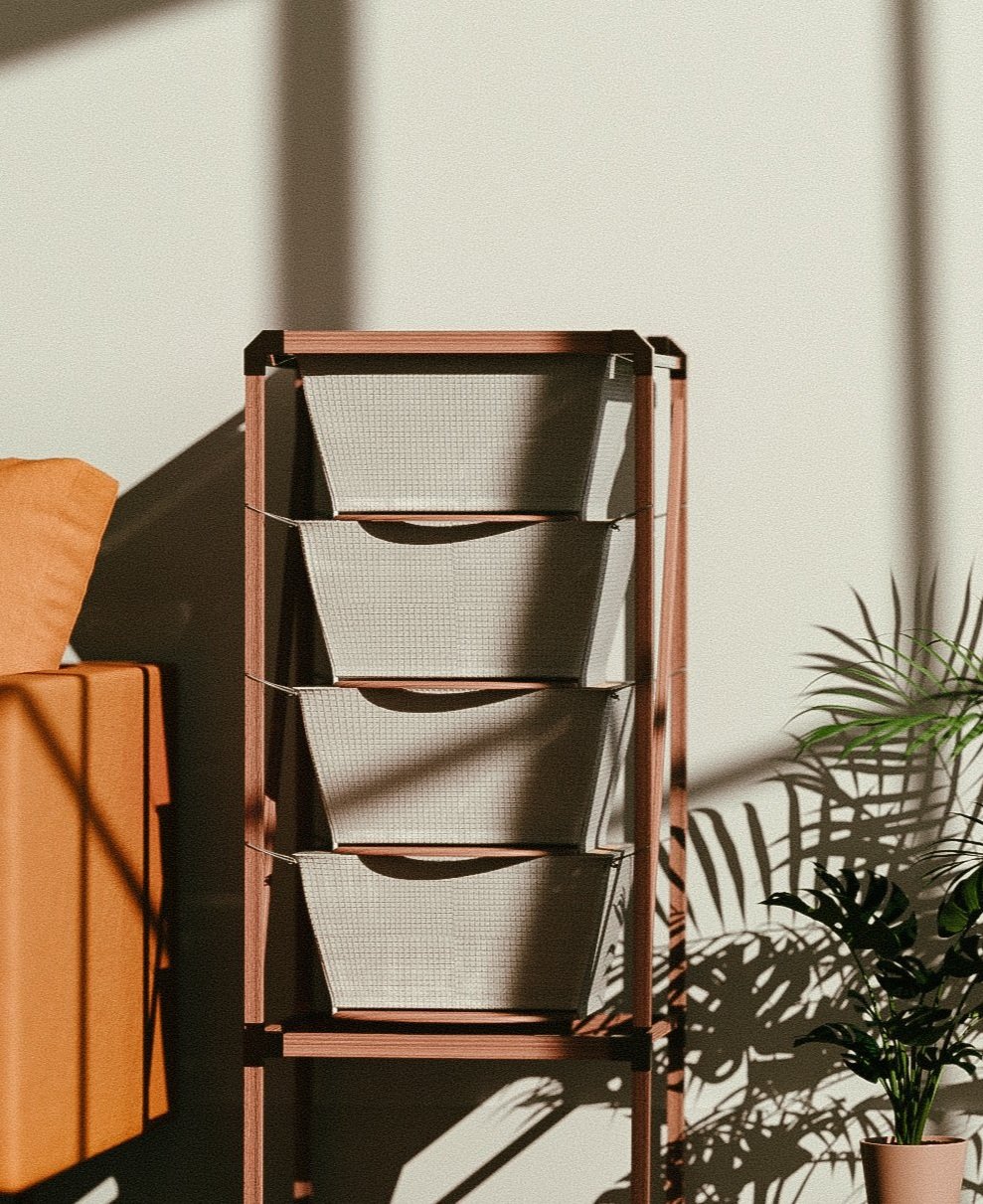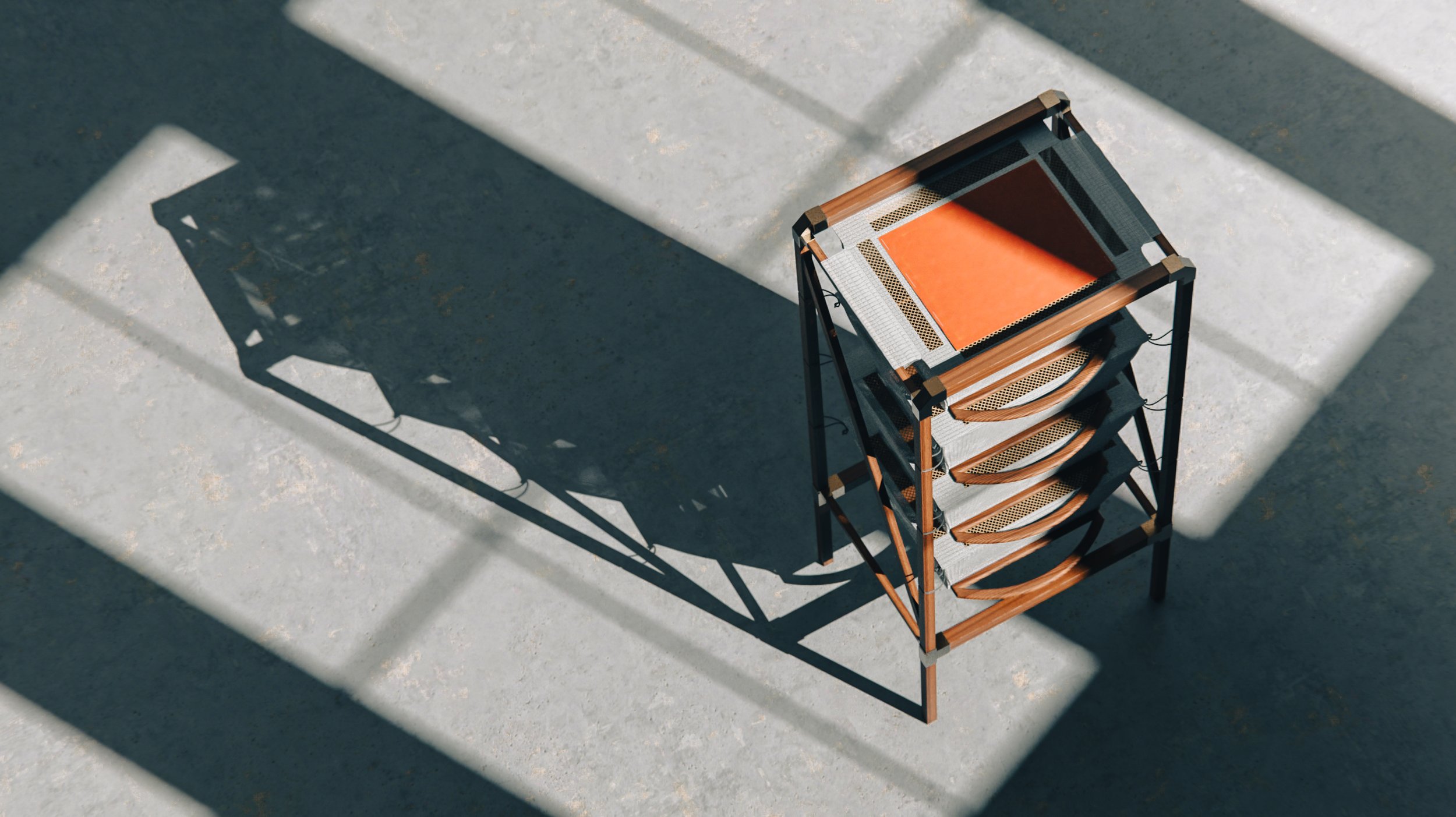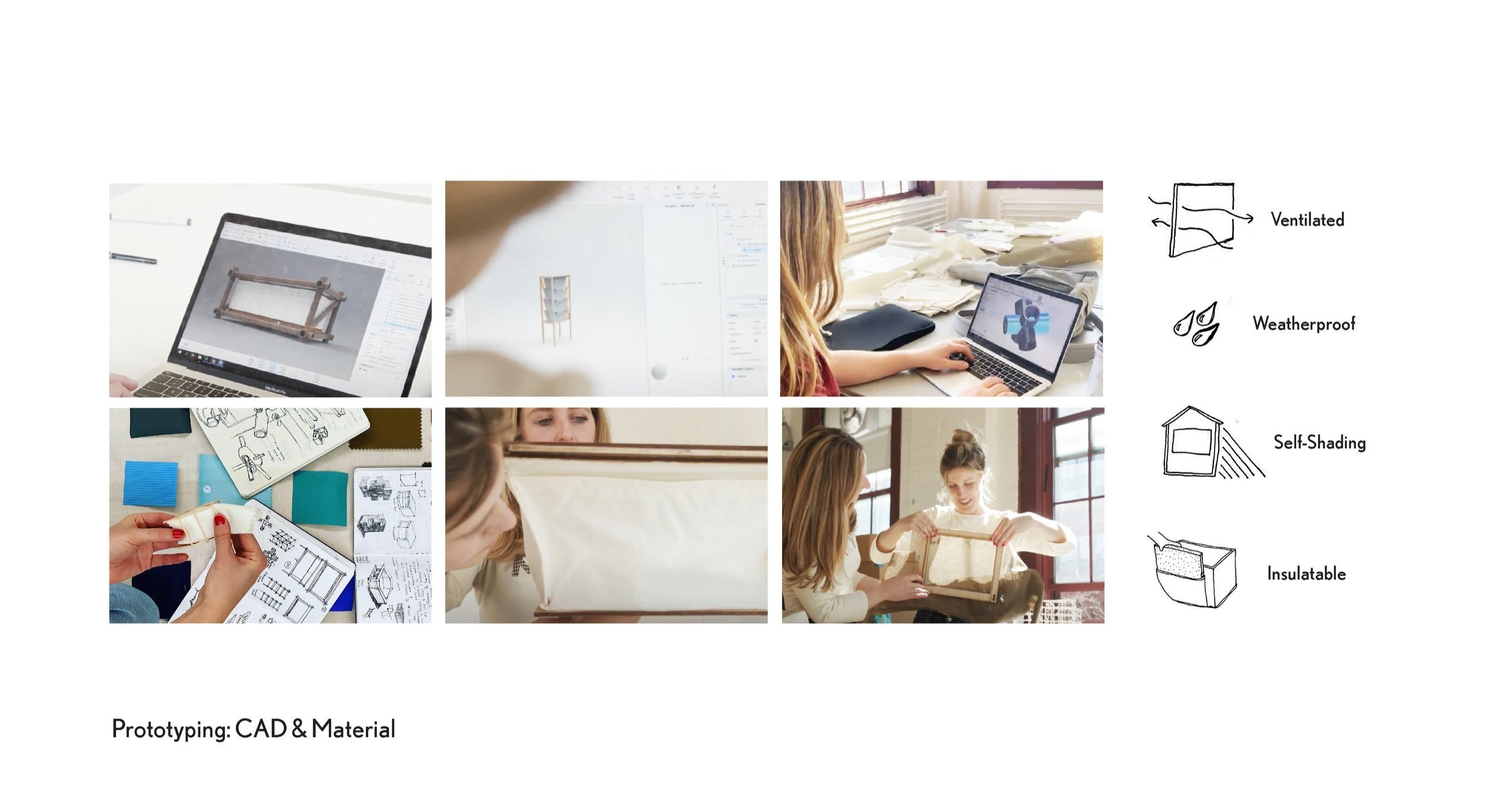It’s time to change our relationship with waste.
Patent-Pending
Exhibited at Milan Design Week & South Sweden Design Days 2022
Right now, petroleum-based plastics are being moved around, the burden shifted to foreign lands. Single use plastics are then buried in landfills, burned, or polluted. This process is energy intensive and leads to physical and airborne pollutants. Short-use, virgin plastics are permanently entering all ecosystems on the planet. For the first time, microplastics have been found in the human bloodstream. Plastics have become a permanent part of our ecosystem. What’s more, we are running out of space in our landfills. To solve this problem, targeted, innovative, and circular economy approaches are needed at a local scale.
Right now, petroleum-based plastics are being moved around, the burden shifted to foreign lands. Single use plastics are then buried in landfills, burned, or polluted. This process is energy intensive and leads to physical and airborne pollutants. Short-use, virgin plastics are permanently entering all ecosystems on the planet. For the first time, microplastics have been found in the human bloodstream. Plastics have become a permanent part of our ecosystem. What’s more, we are running out of space in our landfills. To solve this problem, targeted, innovative, and circular economy approaches are needed at a local scale.
Chitofarm facilitates a natural process and puts the agency of change into the hands of the individual.
Each Chitofarm unit is designed to circulate mealworms from one life phase to another, promoting the health and efficiency of the insects. At one given time, a single unit can contain four separate colonies of insects. The lightweight fabric components account for flat-packing, ventilation, shade, and insulation.

Future Forecasting: Insect Protein
Chitofarm anticipates the future global challenges of food scarcity, improper waste management and the build-up of plastics within our ecosystems. A byproduct of the Chitofarm system is the mealworm protein. An exciting fact about Styrofoam-eating mealworms is that they are still 100% edible by other living creatures. The plastics they consume do not bioaccumualte in their bodies.
“In some cultures, people eat bugs as part of their daily diets, but bug-based cuisine isn’t yet a worldwide phenomenon. That could change. The environmentalist case for eating crickets rather than chickens holds that raising and consuming insects produces significantly lower greenhouse gas emissions, doesn’t require extensive land and water, and inflicts less long-term damage to the planet. Moreover, bugs contain plenty of protein, fatty acids, and fiber. Only a few years ago, insect cultivation remained the domain of small, experimental startups. Recently, though, the USDA awarded $1.45 million in research grants for bug proteins, and now the North American Coalition for Insect Agriculture estimates the market could top $1 billion by 2023.”
Source: FTI Tech Trends 2022
Pictured: a delicious insect-based taco I enjoyed in Mexico City.
Appendix
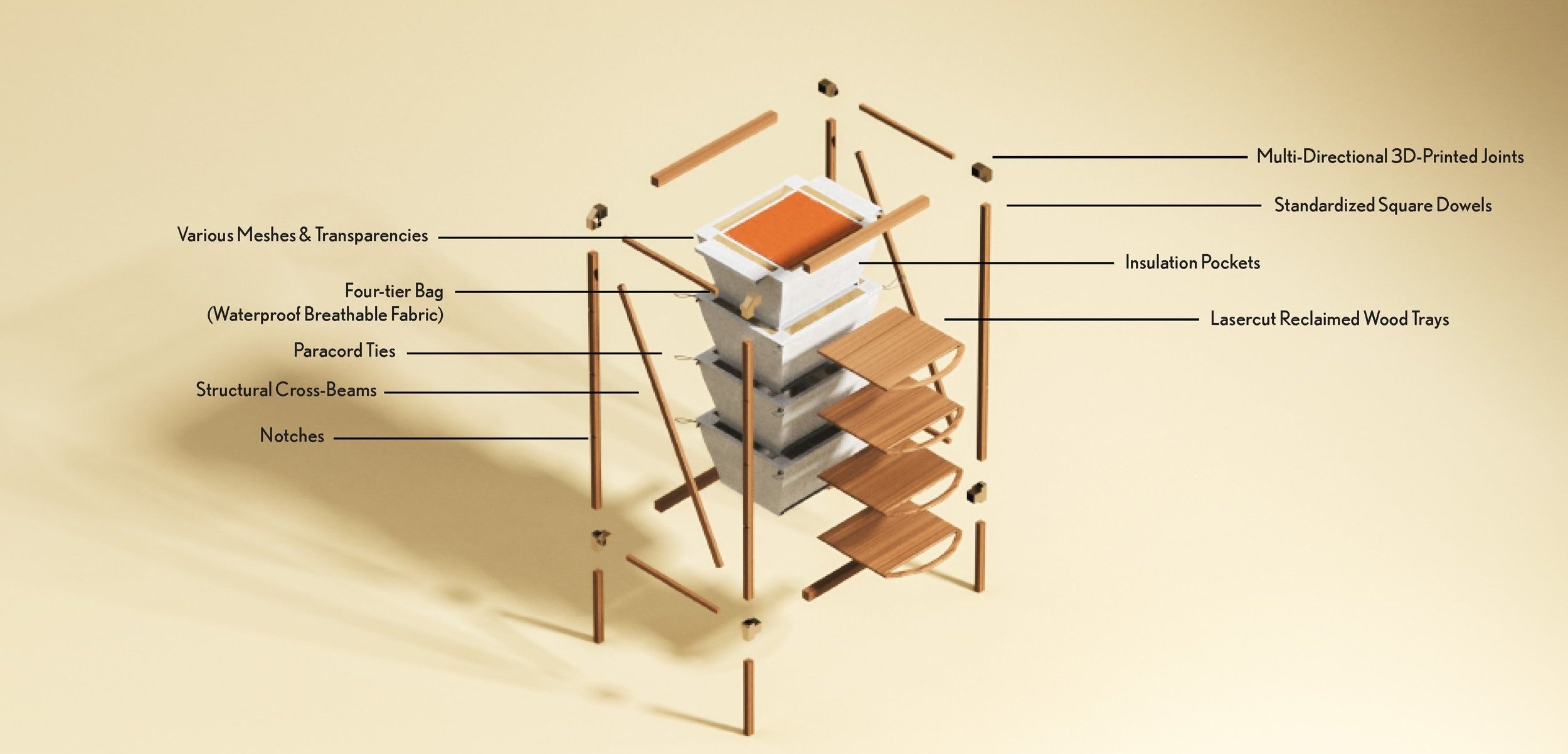
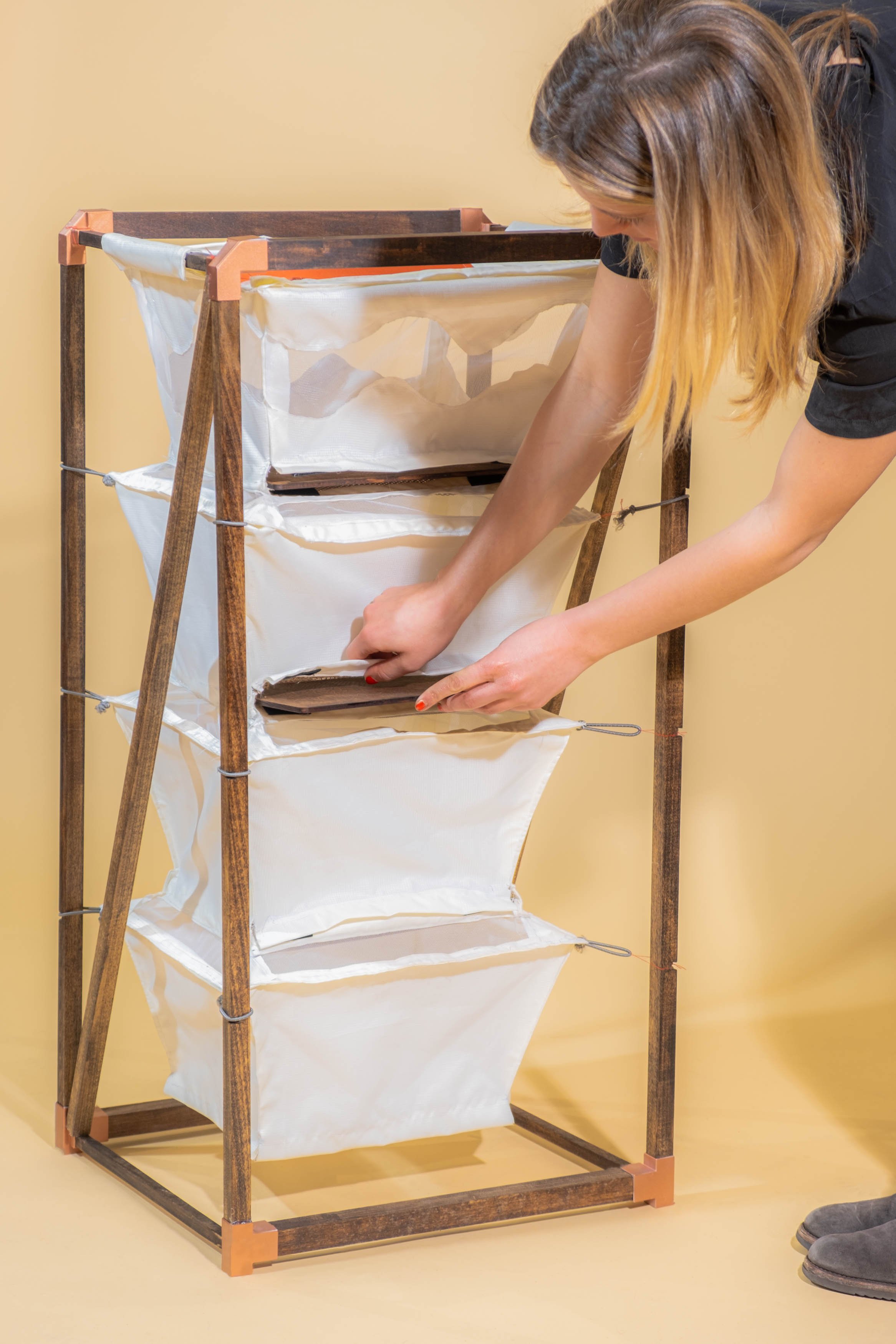
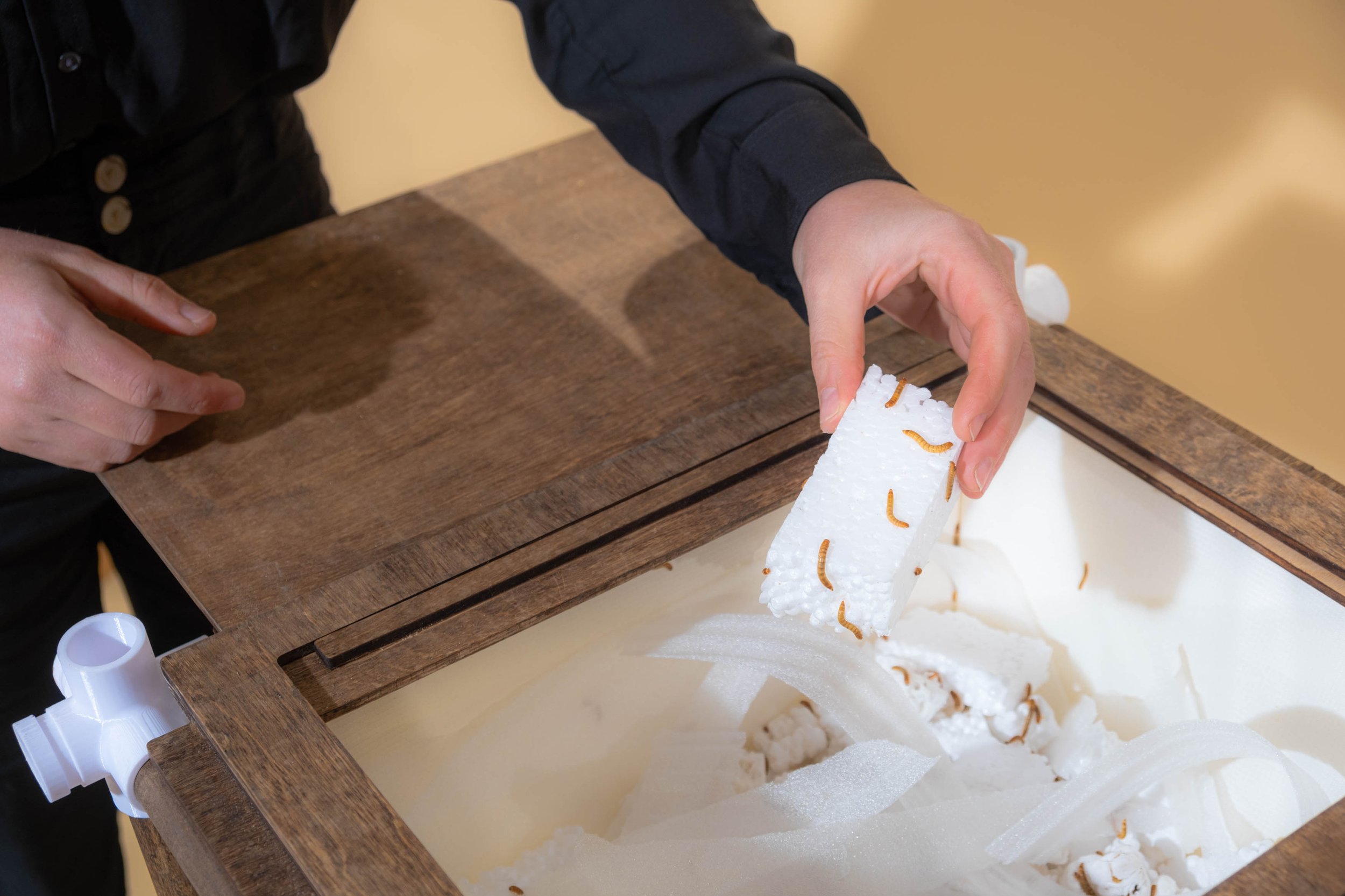
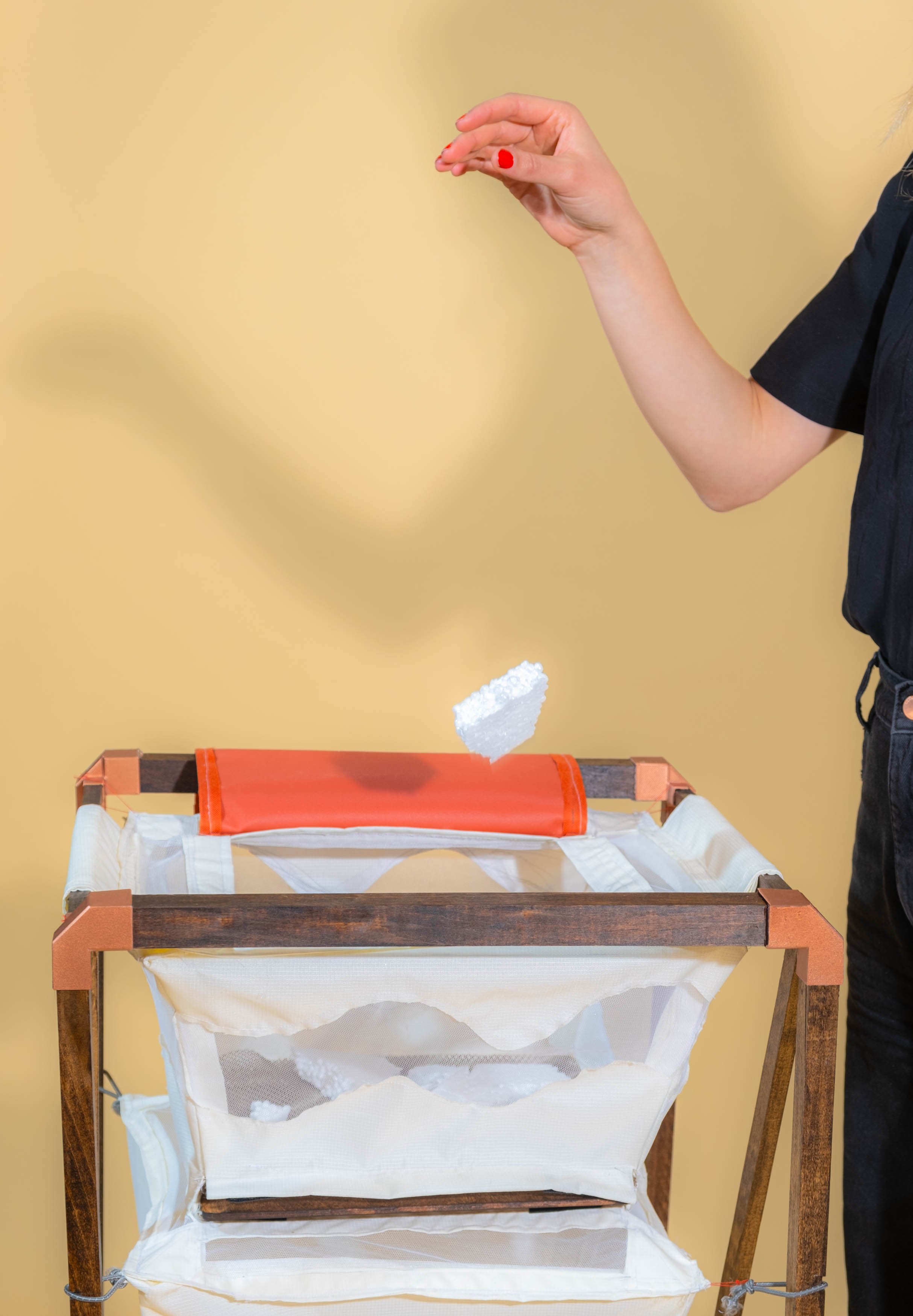
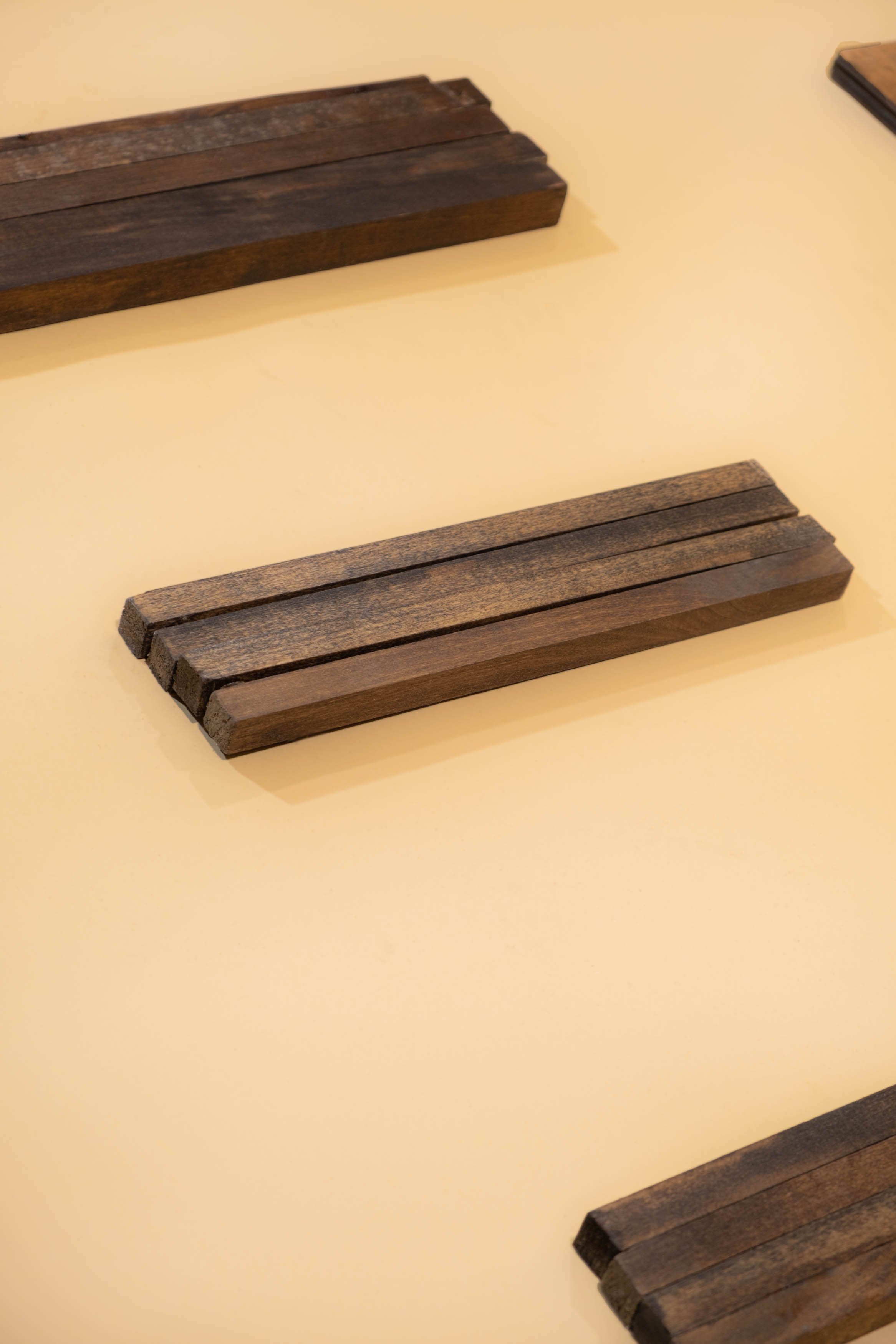

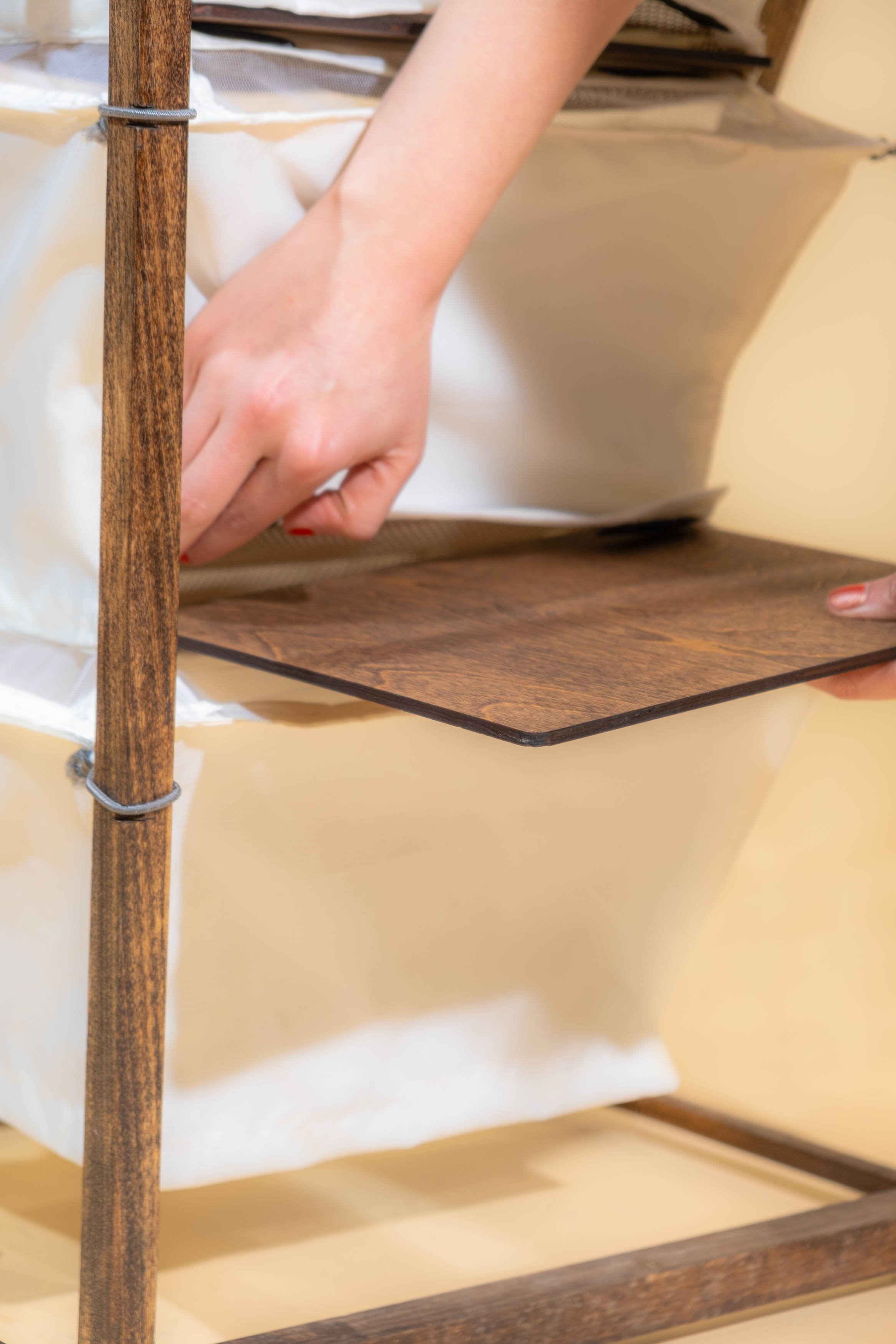
What’s next?
We plan to continue exploring the relationship between humans and microorganisms. To do so, we are looking to partner with a producer of soft and consumer goods and with waste-to-resource non-profits to explore circular, localized biodigestion at a range of scales.
Research Trips to Mexico City & Berkeley Schools
Behind the Scenes
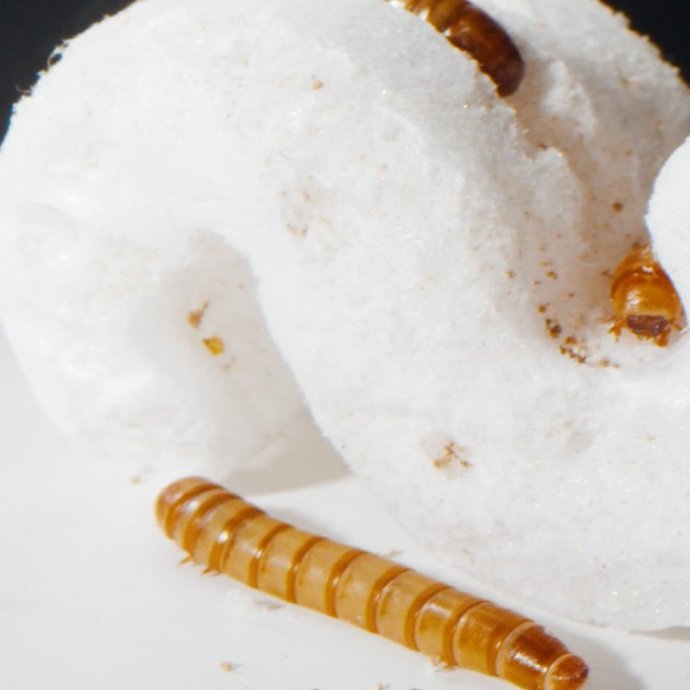

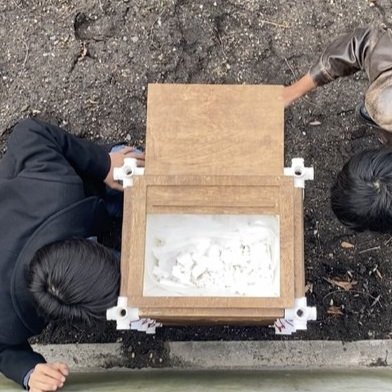
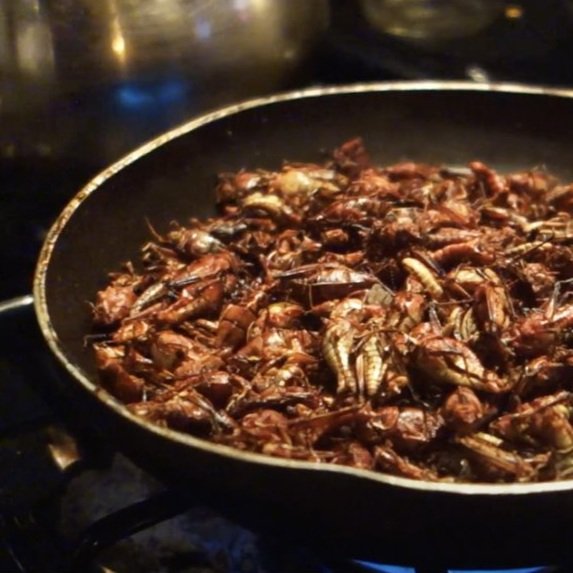



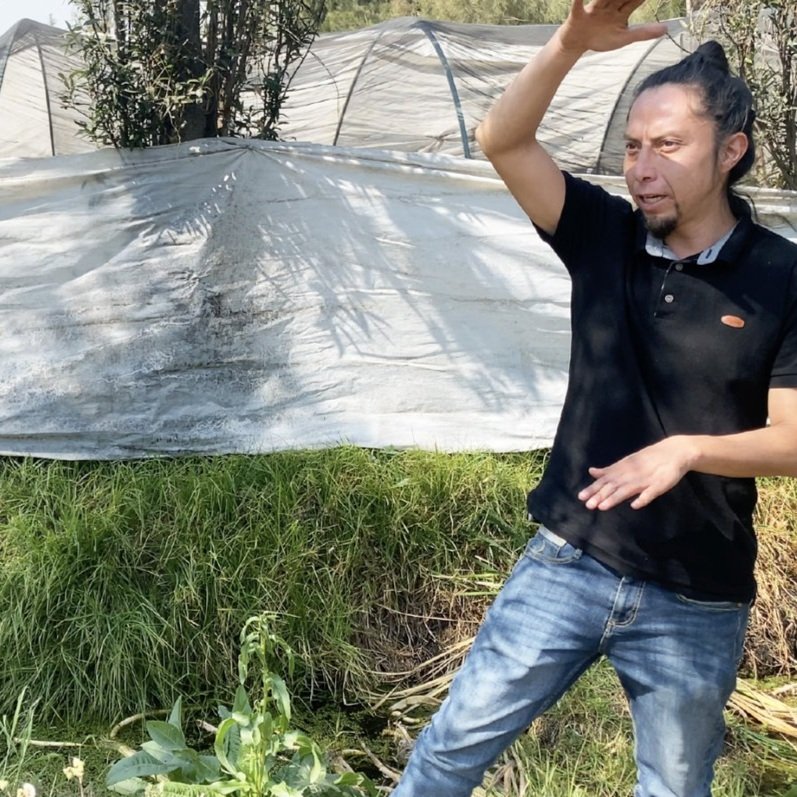



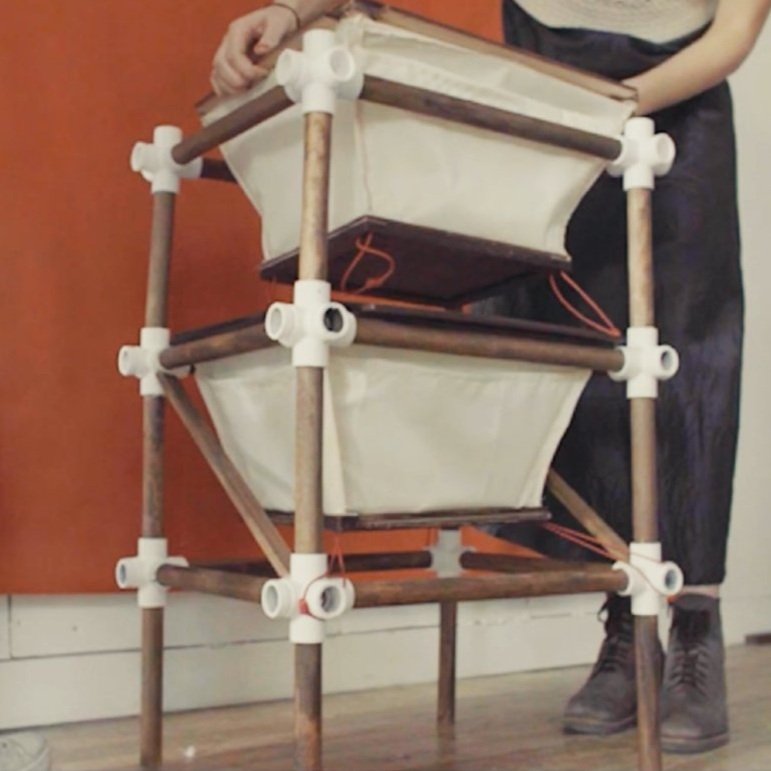



Our Team
Charlotte Böhning
Mary Lempres
Our Mentors
-
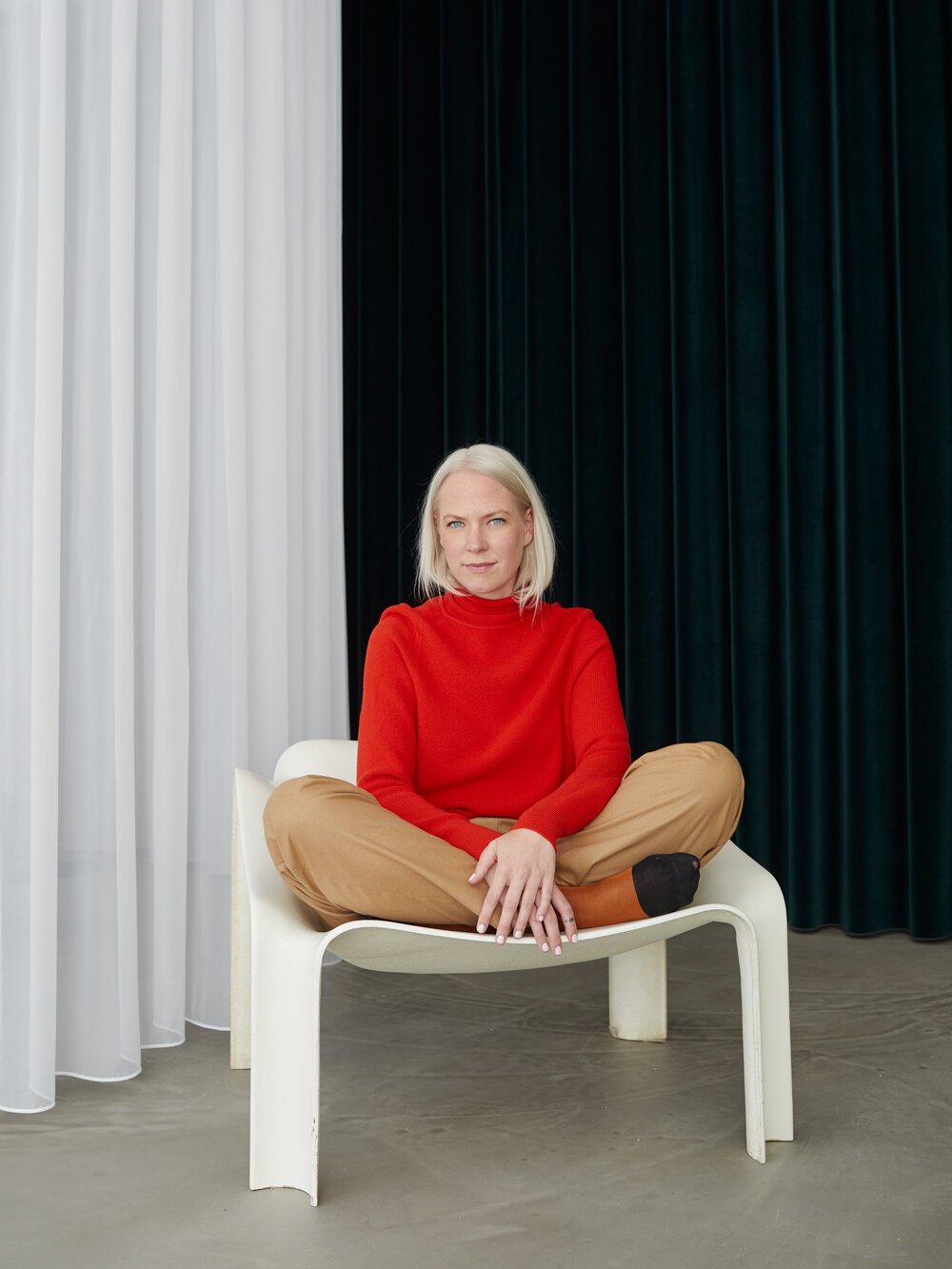
SABINE MARCELIS
Designer/Founder of Studio Sabine Marcelis
-
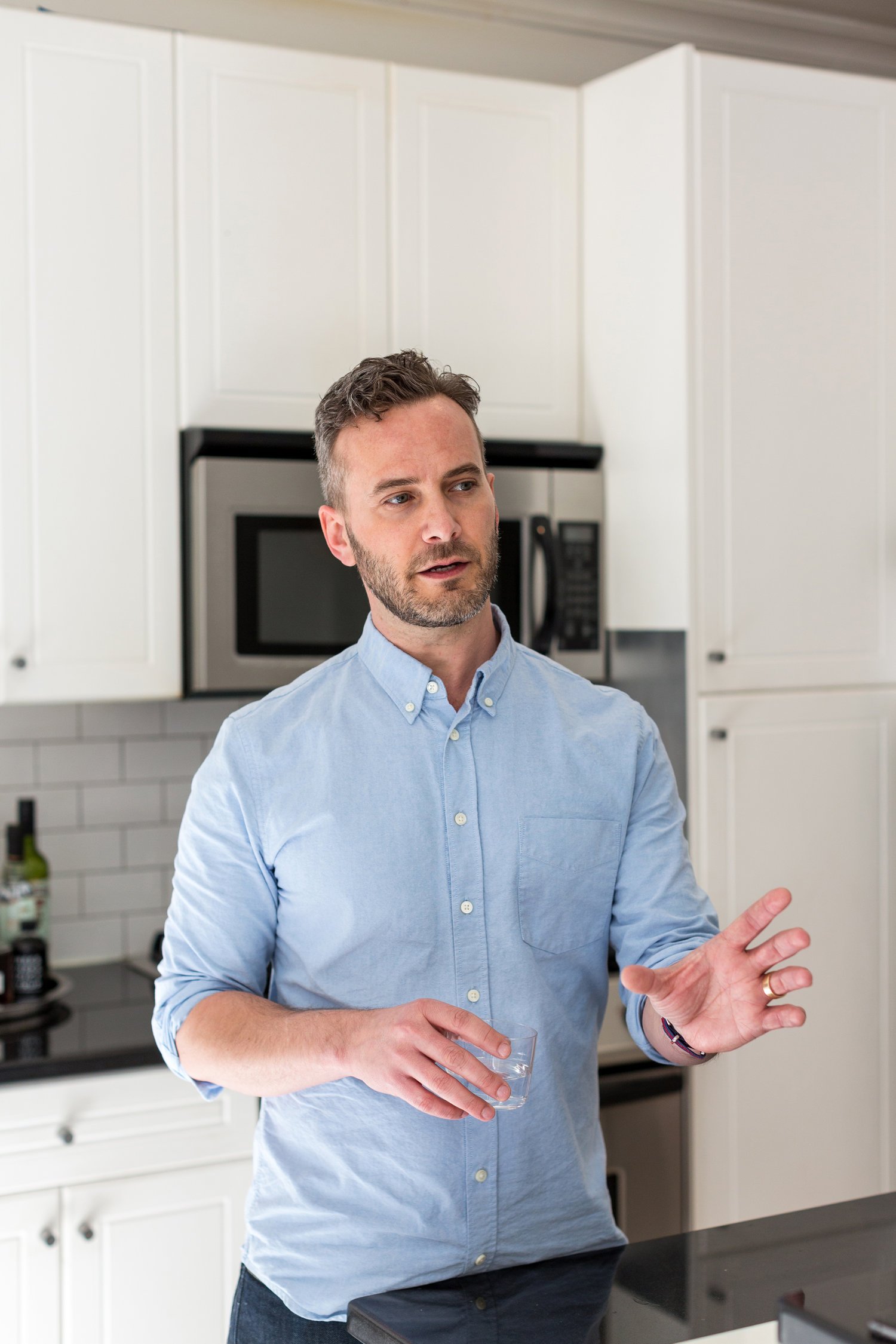
JOE DOUCET
Founder of Joe Doucet x Partners
-

YOSUKE HAYANO
Principal Partner of MAD Architects
-
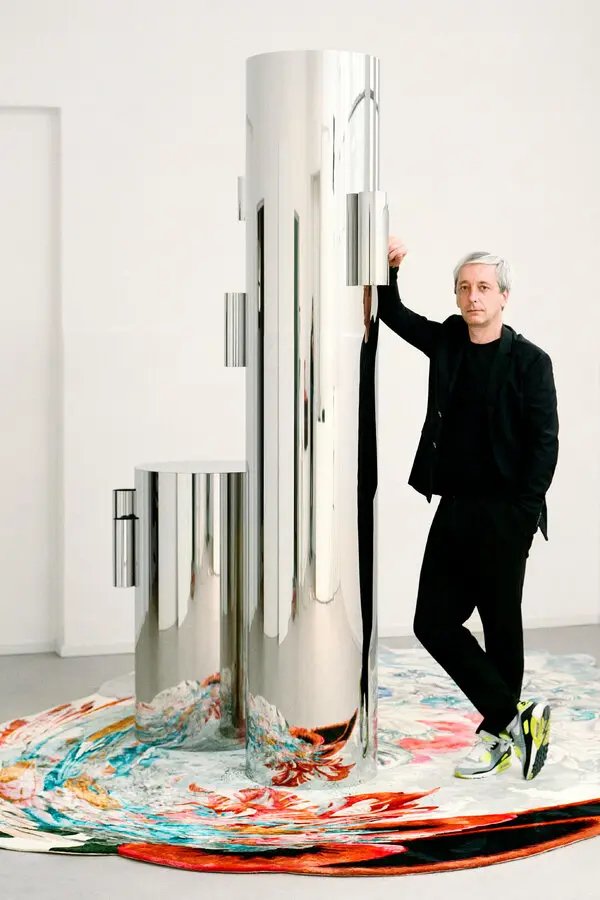
SAM BARON
Designer/Creative Director of Sam Baron & Co.
The Judges
-

PAOLA ANTONELLI
Senior Curator for the Department of Architecture & Design at MoMA NY
-

ANUPAMA KUNDOO
Architect/Founder of Anupama Kundoo Architects
-

BRUCE MAU
Co-Founder & CEO of Massive Change Network
-

SIMON HUMPHRIES
Head of Toyota & Lexus Global Design
